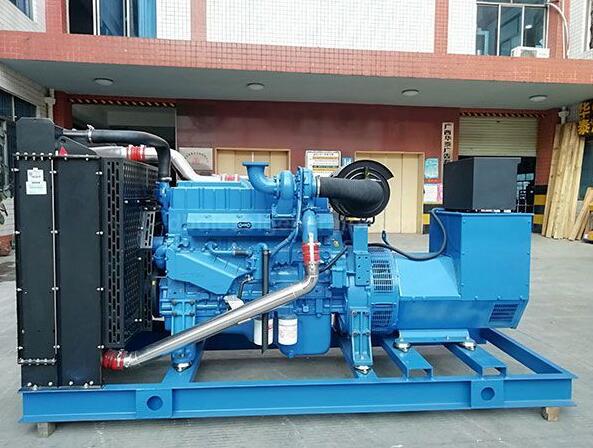What size diesel generator for home?
Determining the appropriate size of a diesel generator for your home involves evaluating your power needs, the appliances you want to run during an outage, and whether you want to cover essential loads or your entire home. Here's a step-by-step guide to help you decide the right size of a diesel generator for your home:
1. Identify Essential Loads: Make a list of essential appliances and devices you would need to power during a blackout. This might include items like lights, refrigerator, heating/cooling systems, sump pumps, medical equipment, and communication devices.
2. Calculate Power Requirements: Determine the power (wattage) each essential appliance requires to operate. You can usually find this information on the appliance's nameplate or in its user manual. Add up the wattages to get an estimate of the total power you need.
3. Consider Starting Surge Power: Some appliances, like refrigerators and air conditioners, require more power to start (surge power) than they do to run continuously. Make sure to account for these surges when calculating the generator's size. Surge power can be several times higher than the running power.

4. Choose Generator Capacity: Once you have the total power requirements, choose a generator with a capacity that exceeds this total. It's recommended to select a generator with around 20-30% more capacity than your estimated total power needs. This buffer ensures that the generator can handle unexpected power spikes and variations.
5. Select a Generator Size: Generators are typically measured in kilowatts (kW). For example, if your total estimated power requirement is around 5,000 watts (5 kW), consider choosing a generator with a capacity of 6 kW or higher.
6. Load Management: If your power requirements are significant, consider implementing load management strategies. These involve cycling the operation of certain appliances to reduce the overall load on the generator and prevent overload.
7. Professional Assessment: If you're unsure about calculating power requirements or need a more accurate assessment, consider consulting an electrician or generator specialist. They can provide professional advice based on your specific needs and circumstances.
8. Future Considerations: Keep in mind potential changes in your power needs over time. If you plan to add more appliances or expand your home, it's wise to choose a generator with some extra capacity to accommodate future growth.
9. Noise and Space: Diesel generators can be noisy, so consider the noise level and available space for installation when choosing a generator size. If noise is a concern, you might want to invest in a quieter model or choose a larger generator that can run at lower RPMs for reduced noise.
In summary, the size of a diesel generator for your home depends on your essential power needs, surge requirements, and potential future growth. By calculating your power requirements accurately and choosing a generator with some extra capacity, you can ensure that your home has a reliable power backup solution during outages. Consulting with experts and considering noise and space limitations can further help you make an informed decision.
365
0
0

Comments
All Comments (0)